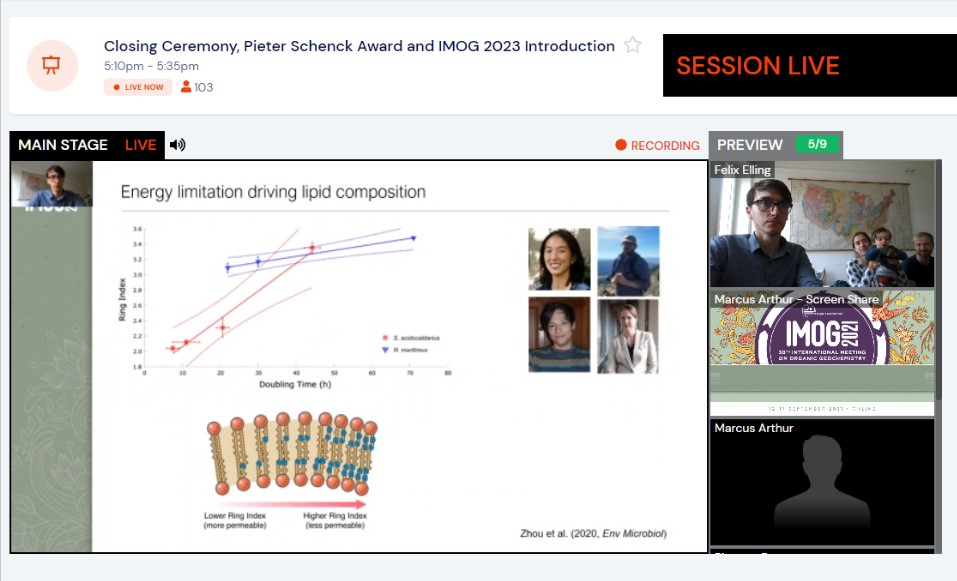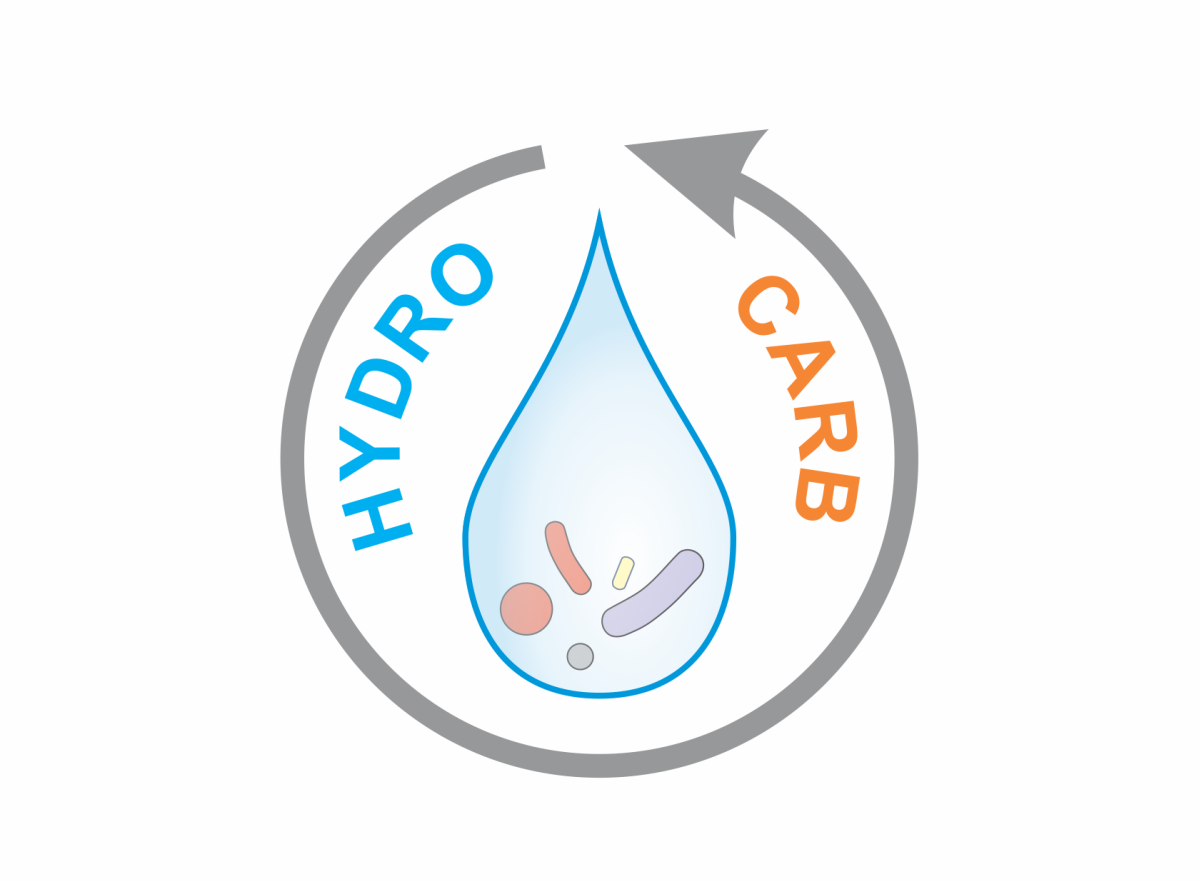
What we do
The molecular geobiology group at Kiel University studies organic molecules in modern and ancient microbes. We combine expertise from organic (bio)geochemistry, geomicrobiology, and molecular biology to study how and why microbes produce organic molecules (such as lipids, pigments, and co-factors) and to learn what the rock record of these molecules can tell us about earth’s climatic and geochemical evolution. Our main analytical tools are lipidomics via liquid chromatography-mass spectrometry, compound-specific stable isotope analysis, experimental microbiology, and phylogenetic analyses.
Learn more about our research and our team.
Our commitment
We are committed to increasing and maintaining diversity, equity and inclusion in the field of geosciences. We welcome students, researchers, and staff of any background and we acknowledge and value the perspectives they bring to the group. Striving for generating new knowledge, we make every effort to minimize harm, help each other grow and learn, and hold each other accountable. We are vocal advocates for these values in our university and the community.
Learn more about our commitment & values
News
New PETM project
We have started our new project on the impact of climate change during the Paleocene-Eocene Thermal Maximum on the marine nitrogen cycle, which was recently funded through the DFG IODP priority program. More details can be found in the projects section.
New publication
We have a new publication in Organic Geochemistry showing that the brGMGT ‘orphan’ lipids found abundantly in soil are produced by heterotrophic bacteria distinct from those producing brGDGTs: Heterotrophic origin and diverse sources of branched glycerol monoalkyl glycerol tetraethers (brGMGTs) in peats and lignites.
New group member
Xiaoxiao Zhao joins the group as our second PhD student. She will work on reconstructing changes in the nitrogen cycle during the Paleogene.
New group member
Chris Rosendahl joins the group as our first PhD student. He will be working on carbon and hydrogen stable isotope fraction in archaea and their application to paleoclimate reconstructions.
New group member
Jan Kleint joined the group as a Postdoc. Based at MARUM in Bremen, he will be working on the construction of a moving wire microcombustion system for high-precision analysis of intact GDGTs.
Pieter Schenck Award
I am honored to have received the Pieter Schenck Award at #IMOG2021. https://eaog.org/pieter-schenk-awards/
Launch of the HYDROCARB project
We just launched the HYDROCARB project, which is funded by the DFG through the Emmy Noether program. Within the project we aim to develop novel paleoclimate proxies based on the carbon and hydrogen isotopic compositions of archaeal lipids. Check out our Projects page for more information. PhD and postdoctoral position will become available soon and will be posted on the website.

